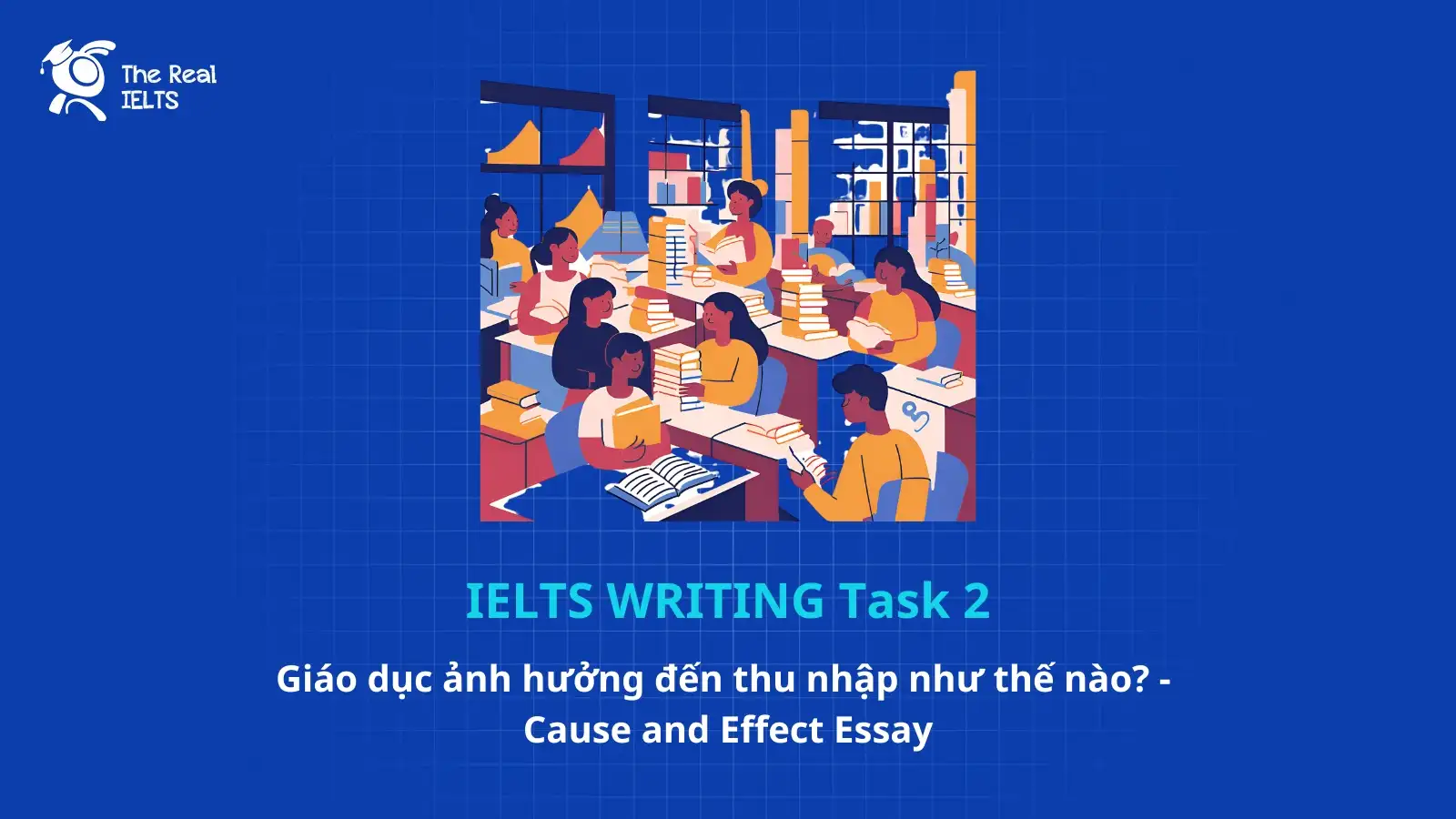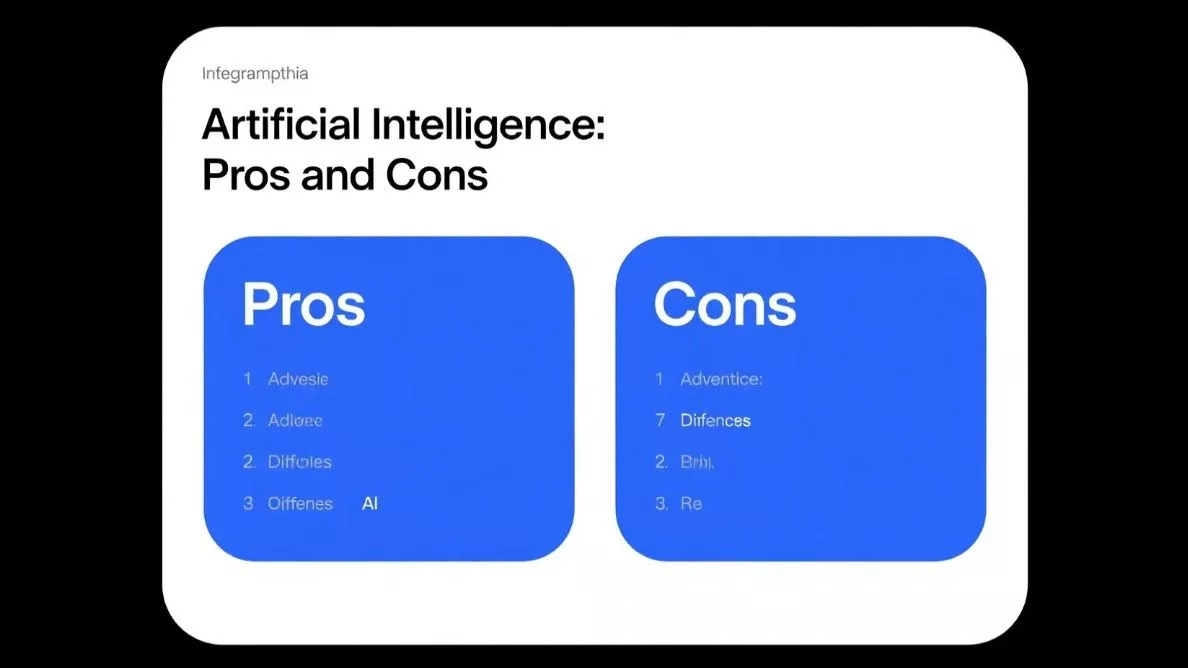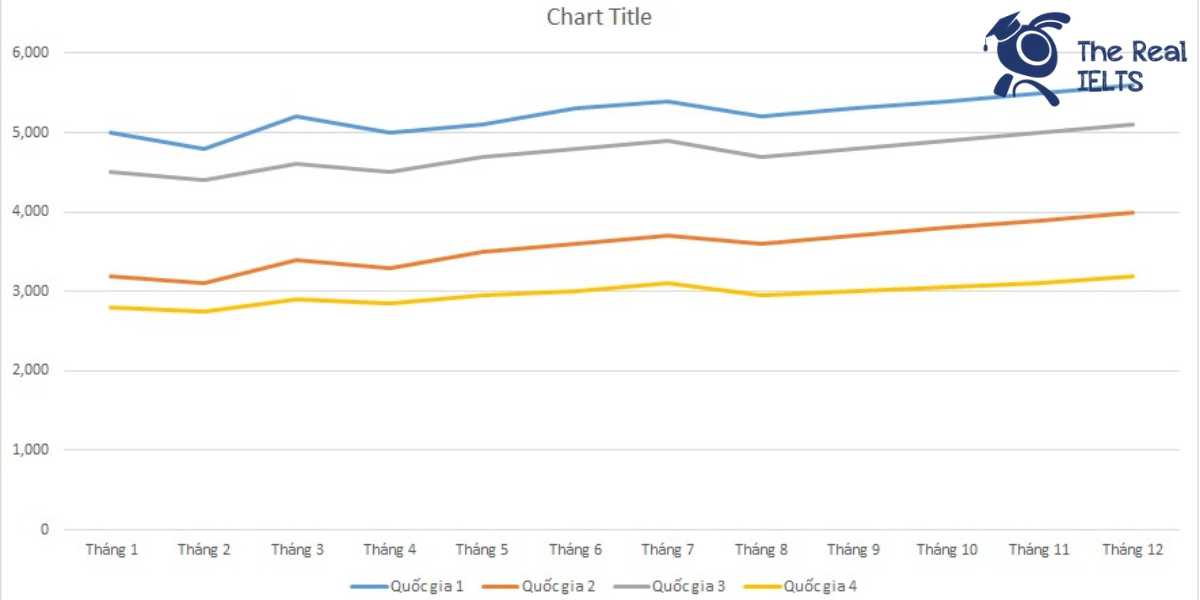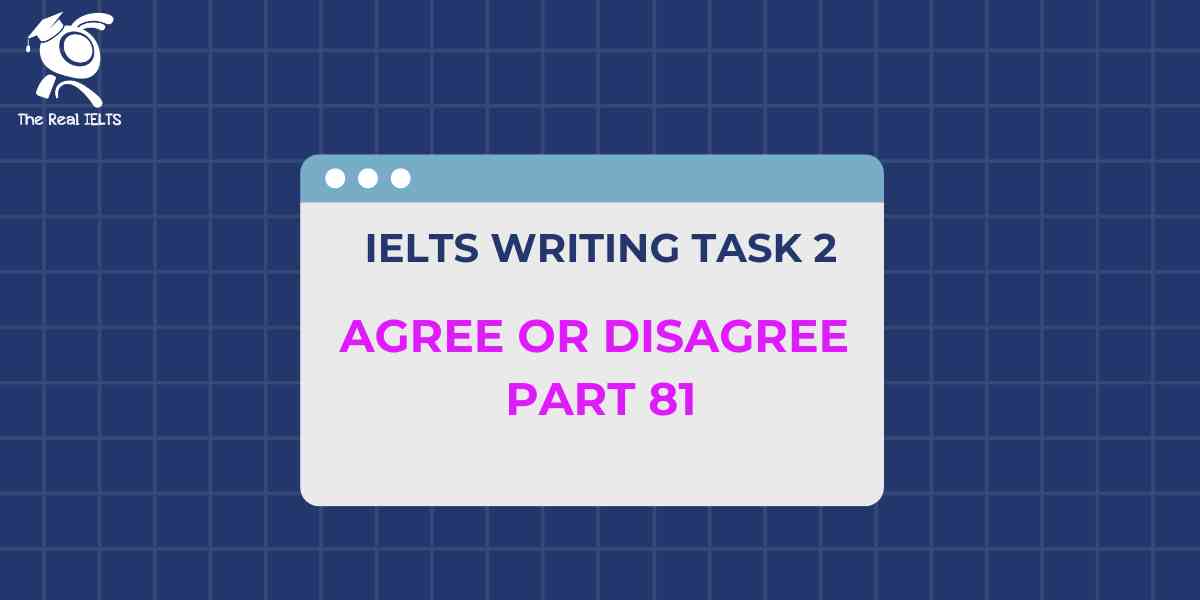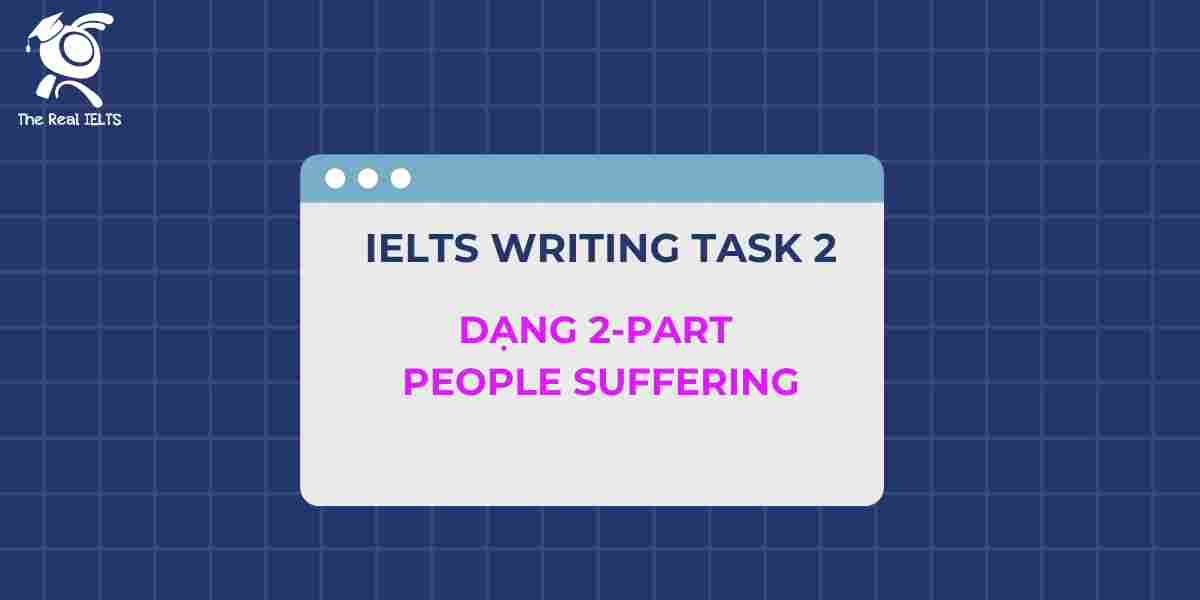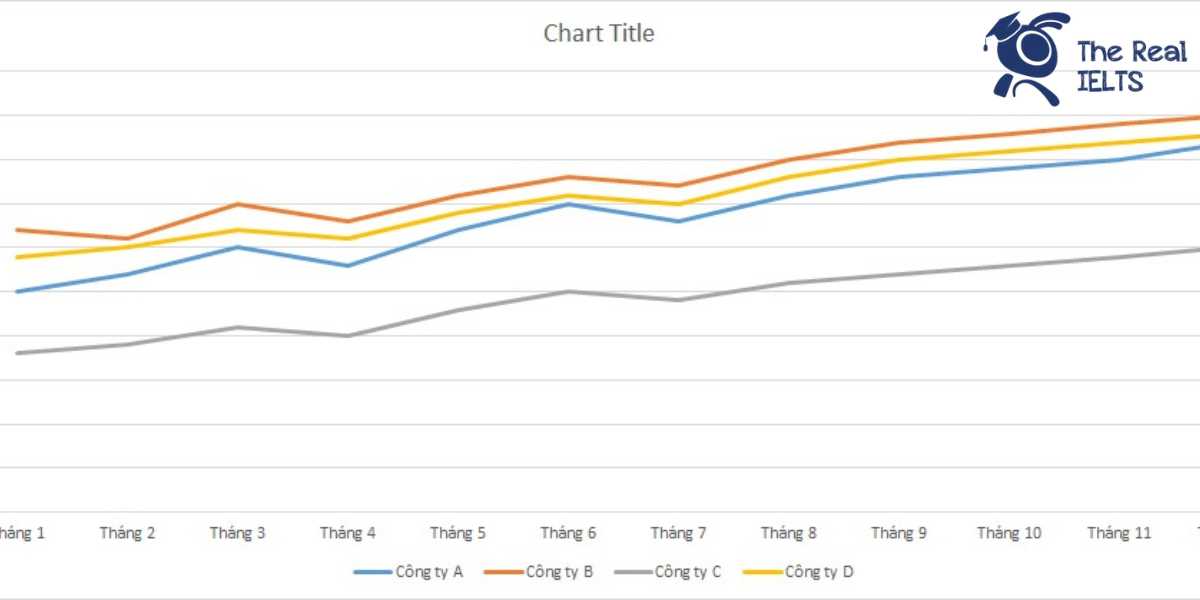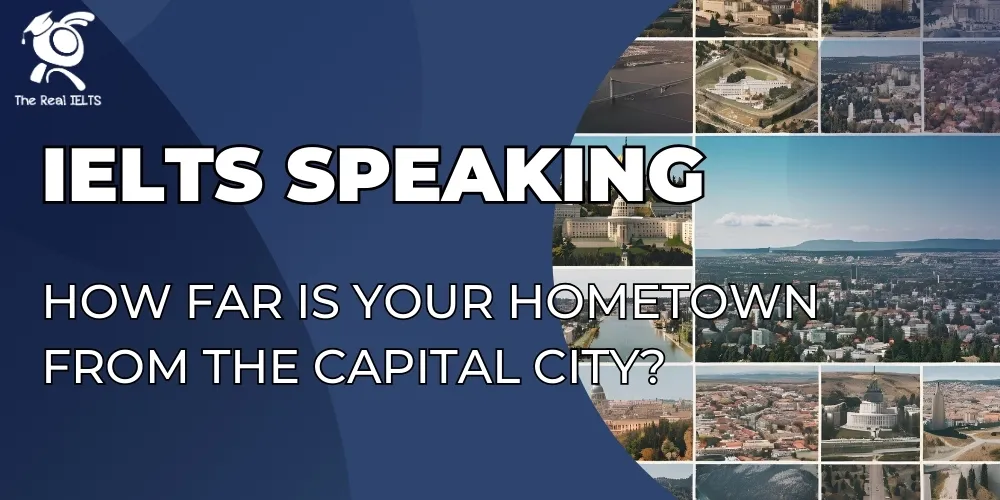Giáo dục có ảnh hưởng sâu sắc đến thu nhập, nhưng không phải ai cũng có cơ hội học tập như nhau. Trong bài IELTS Writing Task 2 dạng Cause and Effect Essay, thí sinh cần phân tích nguyên nhân dẫn đến sự khác biệt trong giáo dục và thu nhập, đồng thời giải thích hậu quả của vấn đề này.
Đọc thêm: IELTS Writing Task 2: Giáo dục ảnh hưởng đến thu nhập như thế nào? – Problem and Solution Essay.
Đề bài IELTS Writing Task 2: Giáo dục ảnh hưởng đến thu nhập như thế nào? – Cause and Effect Essay
Education is often linked to higher earning potential. What are the reasons behind this, and what effects does it have on individuals and society?
Ví dụ 1
Education is often seen as a gateway to higher earning potential for several key reasons. Understanding these factors can shed light on why education is closely linked to financial success and how this relationship impacts both individuals and society.
Reasons for the Link Between Education and Higher Earnings
- Acquisition of Specialized Knowledge and Skills
Higher education provides individuals with specialized knowledge and technical skills that are valued in the job market. Professions such as law, medicine, engineering, and finance typically require advanced degrees and specific qualifications, offering higher salaries in return for the expertise needed in these fields. - Increased Employability
A formal education often signals to employers that candidates have the discipline, problem-solving abilities, and critical thinking skills necessary for professional roles. As a result, individuals with higher education are more likely to be hired for well-paying positions than those without degrees. - Access to Higher-Paying Industries
Education opens doors to industries that tend to offer higher wages, such as technology, healthcare, and business management. Many of these fields require a specific level of education or certification to enter, and employees in these sectors typically receive above-average salaries. - Career Advancement Opportunities
Higher education often leads to better opportunities for career progression. Graduates are more likely to move into leadership positions or gain promotions, which come with higher salaries. Education also provides the foundation for professional development, allowing individuals to improve their skills and qualifications throughout their careers. - Job Security and Benefits
Many jobs requiring higher education come with added job security and benefits, such as health insurance, retirement plans, and paid leave. These additional benefits improve the financial well-being of educated individuals and contribute to their long-term financial stability.
Effects of Education on Individuals
- Improved Standard of Living
Individuals with higher education tend to have higher earning potential, which can lead to a better standard of living. With higher incomes, they can afford better housing, healthcare, and leisure activities, improving their overall quality of life. - Personal Empowerment
Education equips individuals with the knowledge and confidence to make informed decisions, both personally and professionally. The ability to understand and navigate complex situations gives educated individuals a sense of empowerment, allowing them to take advantage of opportunities that would otherwise be inaccessible. - Financial Security and Wealth Building
Higher earnings from education enable individuals to save, invest, and build wealth over time. This financial security can lead to long-term prosperity, helping individuals to retire comfortably, support their families, and leave a legacy for future generations. - Social Mobility
Education is often seen as a key driver of social mobility, as it provides individuals from lower-income backgrounds the opportunity to improve their financial situation. By obtaining a degree, individuals can break free from cycles of poverty and gain access to more prosperous economic environments.
Effects of Education on Society
- Economic Growth
A well-educated workforce is a critical factor in driving economic growth. Highly skilled workers contribute to innovation, productivity, and the creation of wealth, which, in turn, benefits society as a whole. Countries with higher levels of education typically experience stronger economies due to the increased output and efficiency of their labor force. - Reduction in Income Inequality
Education can help reduce income inequality by providing individuals from disadvantaged backgrounds with the tools they need to access better-paying jobs. This redistribution of wealth helps create a more balanced and equitable society, where opportunities are not solely determined by one’s socioeconomic background. - Social Cohesion and Stability
Educated individuals are more likely to contribute positively to society through civic engagement, volunteering, and active participation in community affairs. By fostering a culture of learning and personal development, education promotes social cohesion and stability, leading to stronger, more resilient societies. - Improved Public Health
Higher education is also linked to better health outcomes, as educated individuals are more likely to engage in healthy behaviors, access quality healthcare, and live longer. By improving public health, education reduces the societal costs associated with healthcare and increases overall well-being.
Conclusion
The link between education and higher earning potential is well-established, driven by factors such as specialized knowledge, employability, and access to higher-paying industries. For individuals, education provides financial security, personal empowerment, and a path to social mobility. For society, education fosters economic growth, reduces inequality, and promotes social stability. Therefore, investing in education is not only beneficial for individuals but also for society as a whole.
Ví dụ 2
Education is widely regarded as a key factor in determining an individual’s earning potential. This connection can be attributed to several reasons, including the acquisition of specialized knowledge, increased employability, and access to higher-paying career opportunities. The impact of this relationship extends beyond individuals, influencing society as a whole in both positive and negative ways.
One primary reason why education leads to higher income is that it provides individuals with specialized knowledge and technical skills required for well-paying jobs. Many high-income professions, such as medicine, engineering, and law, demand years of academic training, making education an essential prerequisite for entry. Additionally, employers often view degree holders as more capable, disciplined, and analytical, increasing their chances of securing better job opportunities. Furthermore, higher education allows individuals to develop soft skills such as critical thinking, problem-solving, and communication, which are highly valued in the modern workforce. These factors collectively enhance employability and open doors to higher salaries.
The effects of this phenomenon are significant on both individuals and society. For individuals, higher education generally translates to improved financial stability, better living standards, and increased career satisfaction. Educated individuals also tend to experience lower unemployment rates, giving them greater job security. On a societal level, a well-educated population contributes to economic growth, innovation, and technological advancements, fostering overall national development. However, over-reliance on formal education as a measure of success can also lead to unintended consequences, such as increased student debt and underemployment among graduates in oversaturated fields. Furthermore, societies that prioritize higher education over vocational skills may face labor shortages in essential trades like plumbing, construction, and mechanics.
In conclusion, the link between education and earning potential is driven by the acquisition of valuable skills and increased employability. While this connection brings financial stability and economic progress, it also presents challenges such as student debt and labor market imbalances. To maximize the benefits, societies should encourage both academic and vocational education to create a well-rounded and sustainable workforce.
Estimated Band Score: 8.0+
- Task Response: Well-developed discussion with clear reasons and effects.
- Coherence & Cohesion: Smooth progression of ideas with logical structure.
- Lexical Resource: Strong academic vocabulary with varied expressions.
- Grammatical Range & Accuracy: Complex sentence structures with minimal errors.
Ví dụ 3
Education is widely considered a key factor in determining earning potential. Higher levels of education are often associated with better job opportunities, higher salaries, and improved career prospects. This essay explores the reasons behind this link and examines its effects on individuals and society.
Reasons Why Education Leads to Higher Earning Potential
- Higher Qualifications Open Better Job Opportunities:
- Many well-paying jobs require specific educational credentials, such as degrees in medicine, law, engineering, and finance.
- Employers often use education as a screening tool to assess candidates’ knowledge and capabilities.
- Increased Skill Development and Productivity:
- Education provides individuals with specialized skills, technical knowledge, and problem-solving abilities that increase their value in the job market.
- Highly educated workers tend to be more productive, which justifies higher wages.
- Access to Career Advancement and Leadership Roles:
- Higher education enables individuals to progress into managerial or executive positions, which typically come with higher salaries.
- Many organizations require advanced degrees (such as an MBA or PhD) for leadership roles.
- Stronger Networking and Professional Connections:
- Universities and colleges provide networking opportunities that can lead to higher-paying job offers and career growth.
- Alumni networks, internships, and mentorship programs help graduates gain access to better job markets.
- Higher Demand for Educated Workers in a Knowledge-Based Economy:
- As industries become more technologically advanced, the demand for highly skilled workers increases.
- Automation and AI are replacing low-skill jobs, making education more crucial for financial success.
Effects of Education on Individuals and Society
Effects on Individuals:
- Higher Income and Better Quality of Life:
- Educated individuals typically earn more, allowing them to afford a better standard of living, healthcare, and housing.
- Higher income levels lead to greater financial security and stability.
- Greater Job Satisfaction and Career Growth:
- Higher education provides access to more fulfilling and stable careers with opportunities for advancement.
- Educated individuals often have more career choices and flexibility.
- Better Decision-Making and Critical Thinking Skills:
- Education enhances cognitive abilities, enabling individuals to make informed financial, health, and career decisions.
- It also fosters problem-solving and innovation, contributing to professional success.
Effects on Society:
- Economic Growth and Development:
- A more educated workforce leads to increased productivity, innovation, and economic expansion.
- Higher tax revenues from well-paid workers contribute to national development and public services.
- Reduced Poverty and Income Inequality:
- Education helps break the cycle of poverty by providing individuals with opportunities for higher earnings.
- Societies with higher education levels tend to have lower unemployment and crime rates.
- Improved Social and Political Stability:
- Educated citizens are more likely to engage in civic activities, vote, and contribute to social progress.
- Higher education promotes tolerance, critical thinking, and informed decision-making, leading to a more stable and democratic society.
Conclusion
Education plays a vital role in increasing earning potential by providing individuals with valuable skills, career opportunities, and economic stability. On a broader scale, it contributes to economic growth, poverty reduction, and social development. Therefore, investing in education benefits not only individuals but also society as a whole.
Ví dụ 4
Education is widely regarded as a key factor in achieving financial success, with higher levels of education often linked to increased earning potential. This correlation exists for various reasons and has significant effects on both individuals and society. This essay will explore the reasons behind this link and its broader implications.
Reasons Why Education Leads to Higher Earning Potential
- Skill Development and Expertise – Higher education equips individuals with specialized knowledge and technical skills, making them more valuable in the job market.
- Access to High-Paying Jobs – Many well-paying careers, such as medicine, engineering, and law, require advanced degrees and formal qualifications.
- Increased Productivity and Efficiency – Educated individuals often have better problem-solving, communication, and analytical skills, which enhance their performance and career progression.
- Networking Opportunities – Universities and colleges provide access to professional networks, internships, and mentorships, increasing job prospects and earning potential.
- Higher Demand for Educated Workers – Employers often prefer candidates with higher education, leading to better job security and financial stability.
Effects on Individuals and Society
Effects on Individuals
- Improved Standard of Living – Higher income allows individuals to afford better housing, healthcare, and overall quality of life.
- Greater Job Satisfaction – Educated individuals often have access to careers that align with their interests and provide personal fulfillment.
- Financial Security – With higher earnings, individuals can save, invest, and plan for retirement more effectively.
- Social Mobility – Education enables people to break out of poverty and achieve upward mobility.
Effects on Society
- Economic Growth – A well-educated workforce drives innovation, entrepreneurship, and productivity, contributing to a stronger economy.
- Reduced Poverty and Inequality – Higher education helps bridge the income gap by providing opportunities for disadvantaged groups.
- Better Health and Well-being – Educated individuals tend to make healthier lifestyle choices, reducing the burden on healthcare systems.
- Stronger Democratic Participation – Higher levels of education are associated with increased civic engagement, political awareness, and social responsibility.
Conclusion
The link between education and earning potential is driven by skill development, job market demand, and networking opportunities. This connection benefits individuals by improving their financial stability and career prospects while also contributing to economic growth and social progress. Investing in education remains essential for both personal success and societal advancement.
Ví dụ 5
Education is widely associated with higher earning potential, with numerous studies indicating that individuals with higher levels of education tend to earn more than those with lower qualifications. This essay explores the reasons behind this correlation and examines its effects on both individuals and society.
Reasons Behind the Link Between Education and Higher Earnings
- Skill Development and Expertise
Education equips individuals with specialized knowledge and technical skills required in high-paying professions. Fields such as medicine, law, engineering, and finance require extensive training, which results in higher salaries. - Increased Job Opportunities
A higher level of education expands career options, allowing individuals to qualify for professional and managerial roles that offer better compensation. Many high-paying jobs require at least a bachelor’s degree or higher. - Higher Productivity and Innovation
Educated workers tend to be more productive and efficient in their roles, contributing to business growth and economic progress. Employers value employees who can think critically, solve problems, and adapt to new challenges, leading to better compensation. - Networking and Career Advancement
Higher education institutions provide students with valuable networking opportunities that can lead to high-paying job placements. Graduates often have access to mentorship, internships, and professional connections that help them advance in their careers. - Job Market Demand and Economic Trends
As economies shift toward knowledge-based industries, employers seek individuals with advanced education and technical expertise. Professions in technology, healthcare, and finance require continuous learning and specialization, often resulting in higher salaries.
Effects on Individuals
- Financial Stability and Better Living Standards
Higher earnings provide individuals with financial security, allowing them to afford a higher quality of life, better healthcare, and access to homeownership. - Career Growth and Job Satisfaction
Education can lead to career advancement, promotions, and opportunities for leadership roles, enhancing job satisfaction and professional fulfillment. - Social Mobility
Education is a powerful tool for breaking the cycle of poverty, enabling individuals from disadvantaged backgrounds to access better career opportunities and improve their socioeconomic status. - Increased Debt Burden
While higher education can lead to financial success, the cost of tuition and student loans can be a burden, potentially delaying financial independence.
Effects on Society
- Economic Growth and Development
A well-educated workforce contributes to higher productivity, innovation, and economic expansion. Countries with high education levels often experience stronger economic performance. - Reduced Unemployment and Poverty Rates
Higher education reduces unemployment rates by equipping individuals with marketable skills. As more people secure stable jobs, poverty levels decrease, leading to a more prosperous society. - Social Equality and Improved Public Health
Education promotes social mobility and reduces income inequality by providing equal opportunities for career growth. Additionally, educated individuals tend to make healthier lifestyle choices, leading to better public health outcomes. - Greater Civic Engagement and Stability
Educated individuals are more likely to participate in civic activities, such as voting and community development, fostering political stability and social progress.
Conclusion
The strong link between education and higher earnings is driven by skill acquisition, increased job opportunities, and economic demand. While this connection benefits individuals through financial stability and career growth, it also contributes to broader societal advantages, such as economic development, reduced poverty, and social stability. However, challenges such as student debt and job market fluctuations must be addressed to ensure that education remains an effective pathway to financial success and societal progress.
Ví dụ 6
Education is widely associated with higher earning potential, as it equips individuals with the knowledge and skills necessary to access better job opportunities. This essay will explore the reasons why education leads to higher incomes and examine its impact on both individuals and society.
Reasons Why Education Leads to Higher Earning Potential
- Access to High-Paying Jobs – Many well-paying careers, such as medicine, law, engineering, and finance, require specialized education and degrees. Without the necessary qualifications, individuals may struggle to enter these fields.
- Skill Development – Education provides individuals with technical skills, critical thinking abilities, and problem-solving techniques, all of which are highly valued by employers. These skills increase productivity and efficiency, leading to higher salaries.
- Increased Job Stability – Individuals with higher education credentials often experience lower unemployment rates and greater job security. Employers are more likely to retain highly educated employees, particularly during economic downturns.
- Opportunities for Career Advancement – Higher education often serves as a stepping stone for promotions and career growth. Individuals with advanced degrees or certifications can move into leadership roles, earning higher salaries over time.
- Networking and Professional Connections – Universities and educational institutions provide opportunities to connect with industry professionals, mentors, and potential employers, increasing the chances of securing lucrative job offers.
Effects on Individuals
- Improved Standard of Living – Higher income allows individuals to afford better housing, healthcare, and overall quality of life. It also provides financial stability and security for families.
- Greater Career Satisfaction – Education enables individuals to pursue careers that align with their interests and skills, leading to higher job satisfaction and personal fulfillment.
- Higher Financial Independence – With better income opportunities, individuals can achieve financial independence faster, reducing reliance on family support or government assistance.
- Potential Student Debt Burden – The cost of education can be high, and some individuals may struggle with student loan repayments, which can delay financial stability.
Effects on Society
- Economic Growth and Development – A well-educated workforce drives innovation, increases productivity, and boosts a country’s economy by attracting businesses and investments.
- Reduction in Poverty and Inequality – Higher education can help bridge income gaps, allowing individuals from disadvantaged backgrounds to improve their financial status and contribute to a more equitable society.
- Lower Crime Rates – Studies suggest that higher education levels are linked to lower crime rates, as individuals with stable jobs are less likely to engage in criminal activities.
- Better Civic Engagement – Educated individuals are more likely to participate in democratic processes, such as voting and community service, leading to stronger social and political systems.
Conclusion
Education plays a crucial role in increasing earning potential by providing individuals with essential skills, better job opportunities, and career stability. Its positive effects extend beyond individuals, benefiting society by promoting economic growth, reducing poverty, and fostering social stability. However, challenges such as student debt and job market competition must also be addressed to maximize the benefits of education.
Ví dụ 7
Education is widely associated with higher earning potential, as it provides individuals with knowledge, skills, and qualifications that enhance career opportunities. This relationship has significant impacts on both individuals and society.
Reasons Behind the Link Between Education and Higher Income
- Specialized Knowledge and Skills – Higher education equips individuals with expertise in fields like medicine, engineering, and law, where salaries are generally higher.
- Increased Employability – Many employers prefer candidates with degrees, as they demonstrate discipline, critical thinking, and problem-solving abilities.
- Access to High-Paying Professions – Certain careers, such as those in finance, technology, and healthcare, require advanced education, leading to higher salaries.
- Career Advancement Opportunities – Higher education often leads to promotions, managerial roles, and leadership positions that offer better financial rewards.
- Networking and Professional Connections – Universities and colleges provide access to professional networks, internships, and mentorships that enhance job prospects and earnings.
Effects on Individuals and Society
On Individuals
- Improved Financial Stability – Higher education increases job security and income, reducing financial stress and improving the standard of living.
- Personal Growth and Confidence – Educated individuals often develop critical thinking, communication, and leadership skills, boosting their career prospects.
- Better Health and Well-being – Higher income levels often lead to improved access to healthcare, nutritious food, and a healthier lifestyle.
On Society
- Economic Growth – A well-educated workforce contributes to national productivity, innovation, and overall economic progress.
- Reduced Unemployment and Poverty – Higher education reduces the likelihood of unemployment and dependency on social welfare programs.
- Greater Social Mobility – Education allows individuals from lower-income backgrounds to improve their economic status, reducing income inequality.
- Higher Civic Engagement – Educated individuals are more likely to participate in social and political activities, contributing to a stable and informed society.
Conclusion
Education plays a crucial role in increasing earning potential, benefiting both individuals and society. However, while it offers advantages, success also depends on practical skills, experience, and market demand. Ensuring accessible, relevant, and high-quality education can maximize these benefits for future generations.
Ví dụ 8
Education is widely regarded as a key factor in determining an individual’s earning potential. People with higher levels of education often secure better-paying jobs and enjoy greater financial stability. This essay will explore the reasons behind this link and examine its effects on both individuals and society.
Reasons Why Education Leads to Higher Earning Potential
One major reason for this connection is that higher education equips individuals with specialized knowledge and skills. Many high-paying professions, such as medicine, engineering, and law, require advanced education and training. Employers are willing to offer higher salaries to candidates with expertise in these fields, as their work requires a high level of competence and responsibility.
Additionally, education increases employability by improving problem-solving abilities, critical thinking, and adaptability. Employers value these skills, making degree holders more competitive in the job market. Graduates also tend to have access to better networking opportunities, which can lead to higher-paying job offers and career advancements.
Another reason is that education serves as a signal to employers. A university degree demonstrates an individual’s discipline, dedication, and ability to learn—qualities that are attractive to employers. As a result, highly educated individuals often receive higher starting salaries and better job prospects.
Effects on Individuals and Society
For individuals, higher education generally leads to improved financial stability and a better quality of life. With higher incomes, educated individuals can afford better housing, healthcare, and leisure activities, contributing to overall well-being. Furthermore, better education often leads to increased job satisfaction, as individuals have more career options and opportunities for professional growth.
On a societal level, an educated workforce contributes to economic growth and development. When more people earn higher incomes, they pay more taxes, which can be used to fund public services such as healthcare, infrastructure, and education. Moreover, higher education levels are associated with lower unemployment rates, reducing poverty and crime rates in communities.
However, there can be negative effects as well. The increasing emphasis on higher education may lead to an oversupply of graduates in certain fields, resulting in job competition and underemployment. Additionally, access to quality education is often unequal, widening the gap between rich and poor, as those from disadvantaged backgrounds may struggle to afford higher education and, consequently, higher-paying jobs.
Conclusion
Education is strongly linked to higher earning potential due to its role in skill development, employability, and career advancement. While this benefits individuals by providing financial security and better opportunities, it also has a positive impact on society by driving economic growth and social stability. However, challenges such as job market competition and unequal access to education must be addressed to ensure that the benefits of higher education are available to all.
Ví dụ 9
Education is widely regarded as a key factor in increasing earning potential. This connection exists due to various reasons, including better job opportunities, specialized skills, and higher qualifications. However, the impact of education on individuals and society extends beyond financial gains. This essay will examine the reasons behind this link and discuss its effects.
One major reason why education leads to higher earnings is that it provides individuals with specialized knowledge and skills required for high-paying jobs. Many professions, such as medicine, law, and engineering, demand advanced education and qualifications, which in turn lead to lucrative salaries. Additionally, higher education increases employability by giving candidates a competitive edge in the job market, reducing the likelihood of unemployment. Moreover, educated individuals tend to develop critical thinking, problem-solving, and leadership skills, making them more valuable to employers and capable of advancing in their careers.
The impact of higher education on individuals and society is significant. On a personal level, higher earnings lead to an improved standard of living, allowing individuals to afford better healthcare, housing, and overall well-being. Additionally, education fosters personal growth and empowerment, enabling people to make informed decisions and contribute positively to their communities. At the societal level, a well-educated workforce boosts economic growth by increasing productivity and innovation. Furthermore, education promotes social stability, as higher-income individuals are less likely to engage in crime and more likely to contribute to social welfare through taxes and community development.
In conclusion, education enhances earning potential by providing specialized skills, better job opportunities, and increased employability. The effects of this extend beyond financial benefits, contributing to personal development, economic progress, and societal stability. Therefore, investing in education is crucial for both individuals and society as a whole.


